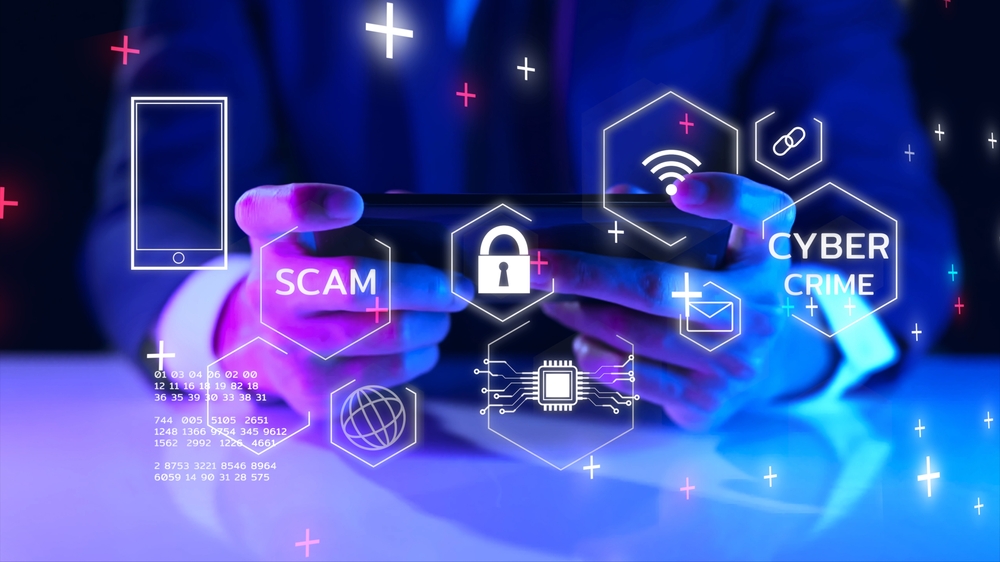In 2021, as the non-fungible tokens (NFTs) market started booming, scammers found a way to rob investors. That year, over $1.3 billion was lost. The trend continued in 2022 as several NFT projects rug pulled investors. In this article, you will learn how to identify an NFT scam and how you can avoid falling victim. We will also discuss some of the prevalent NFT scams.
Five Common NFT Scams
NFT Pump-and-Dumps
Pump-and-dump NFT projects are common nowadays. They are usually executed through wash trading. That is, the creators behind a certain project buy and sell their NFTs back and forth in an effort to pump their prices. When new traders see the price increase, they’re convinced that the NFTs will continue to surge; therefore, they start buying. Little do they know that the project creators are using them to provide liquidity so that they can dump their holdings. If this happens, the naive traders are left with non-value NFTs that cannot be exchanged for any popular crypto asset like Ethereum.
One of the well-known NFT collections that was accused of being a pump-and-dump project is CryptoKitties. When it launched in 2017, the cheapest NFT was priced at $150,000. But this price dropped 95% in six months.
How to avoid this type of NFT scam:
Firstly, you need to check the transaction history of a project, which is easily accessible on any NFT marketplace like OpenSea. If only a few wallet addresses transact with each other, then you should proceed cautiously. Secondly, ensure the NFT project has a big online community. You can do this by checking their social media accounts, such as Twitter and Discord.
Plagiarized NFTs
This type of scam involves scammers cloning popular NFT collections and selling them to innocent investors by creating fake accounts on OpenSea or other trading platforms.
Luckily, an online community called DeviantArt, which consists of NFT enthusiasts, recently launched a tool that scans public blockchains to identify and alert members of potential scam NFT projects. DeviantArt has sent over 40,000 alerts since implementing its tool.
To avoid buying a fake NFT, always check if the NFT creator is verified on the marketplace they have listed their collection. Also, join NFT communities like DeviantArt and ask members about the legitimacy of a particular project.
Phishing Scams
You must connect your crypto wallet to an NFT marketplace to buy digital artwork. Since the wallet is online, cybercriminals can launch a phishing attack on your wallet by sending pop-up messages asking you to provide security details like private wallet keys. In case you give such information, you may likely lose your funds.
Phishing attacks can also occur when scammers hack social media accounts of NFT projects and then share fake links, directing the community to a draining address. Holders of the CryptoBatz NFT collection were recently targeted through this scamming technique.
How to protect yourself from this scam:
Do not click on any suspicious links sent to your email or pop-ups. It is also advisable not to share your security information. Your seed phrase must be kept secret.
Fake Crypto Influencers
Since NFTs gained popularity, creators have collaborated with several celebrities for promotional purposes. Unfortunately, not all celeb promotions have been legit. Many scammers in the past have lied about partnering with certain celebrities who then came out to deny those partnerships. But by the time the truth was known, investors had already lost significant funds.
To ensure you don’t fall victim, research the NFT project to determine if the celebrity involved is actually aware of it. You can do this by checking the celeb’s social media accounts to find out if they are promoting the NFT project.
Technical Support Scam
This type of scam happens when a scammer poses as the customer service representative of a particular NFT project, usually on Telegram, Discord or Twitter. They may ask you to provide your crypto wallet’s seed phrase or any other sensitive information.
To avoid such scams, keep in mind that no legit NFT creator will ever ask for your security details. Also, only seek help using the official communication channels provided by the project creator.
Conclusion
Scammers will always exist as long as the demand for NFTs continues to grow. Therefore, do your homework about a particular project before investing your hard-earned money.
